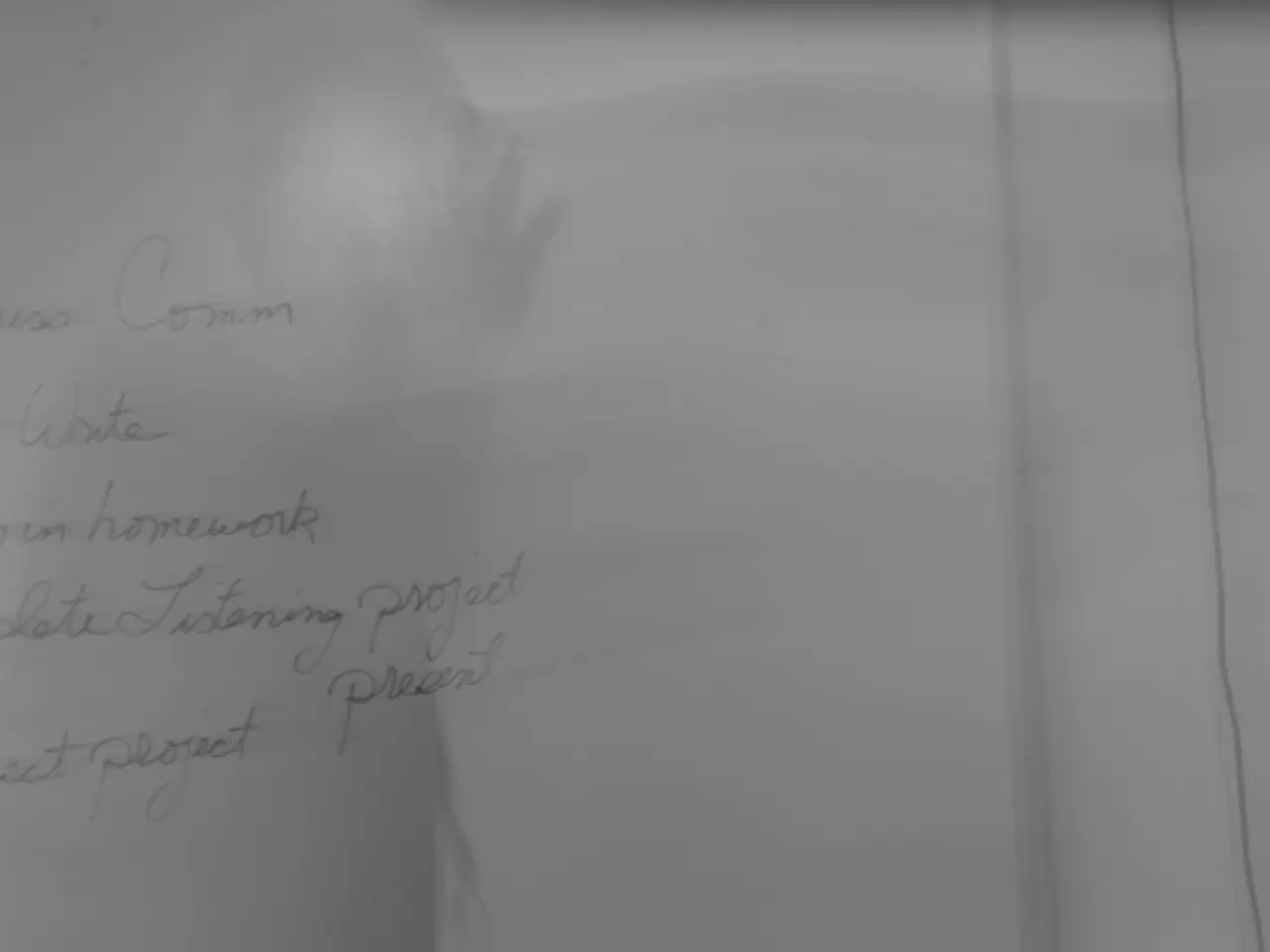Digital Asset Clarity Act Poses Threat to Established Markets, Cautions Ex-CFTC Chief
In a recent hearing before the House Financial Services Committee, former Commodity Futures Trading Commission (CFTC) Chair Timothy Massad voiced his concerns about the Digital Asset Market Clarity Act of 2025 (Clarity Act). Massad argued that the Act, designed to bring clarity to the digital asset market, may fall short in providing adequate investor protections and could create a technology-specific regulatory loophole.
The proposed Self-Regulatory Organisation (SRO) under the Clarity Act aims to avoid the complex definitional problems that plague the Clarity Act itself. The SRO would focus on covering most spot market trading, which occurs through centralized intermediaries, and would apply to "any trading platform or other intermediary transacting in bitcoin or Ether."
However, Massad contends that the Act could potentially create more confusion than clarity. He argues that the legislation upends nearly a century of established securities laws by excluding digital assets—particularly tokens raised by entrepreneurs—from such protections. This exemption could permit crowdfunding through cryptocurrencies without the usual regulatory guardrails that ensure investor awareness of risks and prevent fraud.
Massad advocates for a technology-neutral regulatory framework where digital asset issuers raising capital from the public should be subject to the same securities laws and investor protections as traditional investment products. This would entail requiring full transparency, disclosures related to the asset's operation and risks, and enforcement of anti-fraud measures comparable to existing financial regulations, rather than exempting digital assets through separate legislation.
The former regulator's concerns extend to the legislation's length and complex definitions, which he believes create opportunities for regulatory arbitrage. He also criticized the Clarity Act's excessive reliance on decentralization as a regulatory framework, warning that many lawyers may spend a significant amount of time developing ways to exploit this legislation and engage in regulatory arbitrage strategies on behalf of their clients.
Massad renewed his proposal for a joint SRO overseen by both the Securities and Exchange Commission (SEC) and CFTC. He emphasized that any digital asset market structure legislation should follow the principles of "do no harm" and "keep it simple." The proposed SRO would be tightly supervised by the SEC and CFTC to avoid regulatory capture by the industry.
The Clarity Act's definition of "digital commodities" would likely cover only a handful of tokens, leaving the majority without meaningful oversight. Massad cautioned that the Clarity Act could undermine the U.S.'s $120 trillion equity and debt markets, which he described as "the foundation of the U.S. economy and the envy of the world."
In summary, Massad's arguments against the Clarity Act focus on its failure to provide adequate investor protections and the problematic creation of a technology-specific regulatory loophole. He contends that the Act diverges from a technology-neutral regulatory approach, which has historically governed securities markets to protect investors. Massad warns the Act would allow promoters to raise funds through digital assets without transparency, disclosure, or safeguards against fraud or manipulation, thereby risking exploitation of ordinary investors such as seniors and inexperienced individuals.
- Timothy Massad, former CFTC Chair, voiced concerns about the Digital Asset Market Clarity Act of 2025, expressing his belief that it may fall short in providing investor protections and potentially create a technology-specific regulatory loophole.
- Massad has advocated for a technology-neutral regulatory framework, where digital asset issuers raising capital from the public should be subject to the same securities laws and investor protections as traditional investment products, requiring full transparency, disclosures, and anti-fraud measures comparable to existing financial regulations.
- The former regulator has criticized the Clarity Act's length and complex definitions, which he believes create opportunities for regulatory arbitrage, and has warned that many lawyers may spend a significant amount of time developing strategies to exploit this legislation.
- Massad has renewed his proposal for a joint Self-Regulatory Organisation (SRO) overseen by both the Securities and Exchange Commission (SEC) and CFTC, emphasizing that any digital asset market structure legislation should follow the principles of "do no harm" and "keep it simple," to avoid regulatory capture by the industry.




